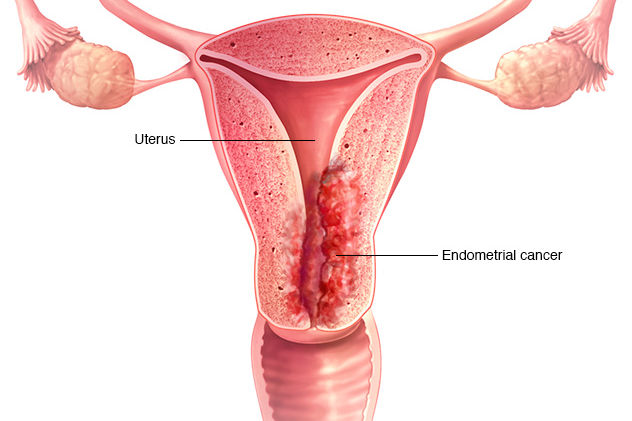While this study provides interesting insights, it does not establish antibiotics as a standard treatment for endometriosis.

Researchers at Washington University School of Medicine have discovered that the antibiotic metronidazole can reduce the size of endometriosis-related lesions in mice. Based on these findings, they are now planning a large clinical trial to evaluate the effectiveness of metronidazole in treating women with endometriosis.
Endometriosis affects approximately 10% of women between the ages of 25 and 40 and can lead to chronic pain and fertility issues. Current treatment options often have side effects and high recurrence rates.
The study also suggests a potential link between gut bacteria and endometriosis, raising the possibility of using probiotics to increase the levels of protective bacteria. These findings offer promising avenues for better understanding and treating endometriosis.
What the study says
Endometriosis occurs when cells from the uterus migrate to the abdomen and form lesions, resulting in pain and potential fertility issues. Hormone therapy and surgery are common treatment approaches, but they have significant side effects and recurrence rates.
Researchers conducted a study on mice and found that treating them with metronidazole reduced the size of gut lesions associated with endometriosis. Notably, the treatment was effective whether administered before or after lesion formation.
These findings suggest a possible involvement of gut microbiome bacteria in influencing the development and progression of endometriosis. Prior research has shown that young women and girls who are more prone to inflammatory bowel disease have an elevated risk of developing endometriosis.
In the study, the researchers observed that certain gut microbes associated with bowel issues were also prevalent in endometriosis. When mice were treated with the broad-spectrum antibiotic metronidazole, the size of lesions decreased, and inflammation was reduced.
Interestingly, other antibiotics tested, such as ampicillin, neomycin, and vancomycin, did not show the same effectiveness in reducing inflammation or shrinking lesions.
Additionally, the research team noted low levels of a protective type of gut bacteria in mice with endometriosis, suggesting that probiotics could potentially be used alongside antibiotics to enhance levels of beneficial bacteria.
Take away
The impact of diet on gut bacteria can influence the development of endometriosis.
This highlights the significance of maintaining healthy habits and fostering a favorable balance of beneficial bacteria to mitigate the risk of this condition and the associated pain.